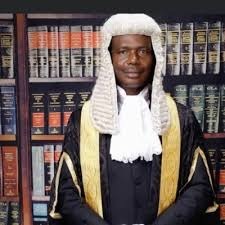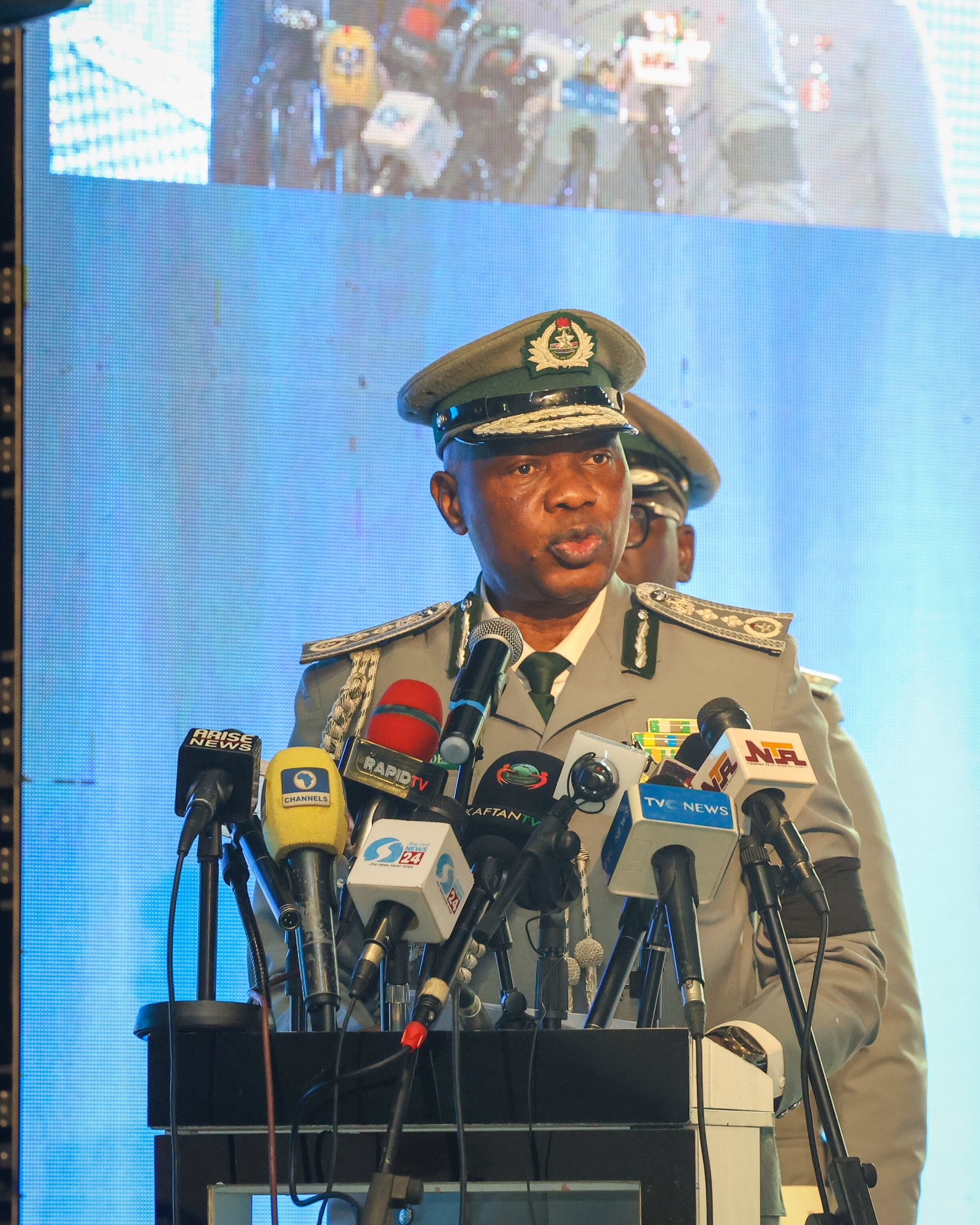By Valentine Idedia
It is regrettable and deeply troubling to read Ebun Adegboruwa SAN’s feeble response titled “I don’t know Justice Osiagor from Adam,” in an attempt to deflect attention and create a diversion through disinformation, all while a court case is ongoing. This has been a hallmark of this simple civil dispute since it began in 2022.
Frankly, no one is concerned about whether Adegboruwa knows Justice Osiagor. He is free to associate with the judge, but that should not interfere with a case of this significance. The real issue is Adegboruwa’s disregard for the judicial process, which has led to unnecessary controversy.
The case centers on Maurice Etim, a minority shareholder and director of several companies within the Edmark Group, and his co-director, Sam Low Ban Chai, a Malaysian businessman under investigation by Interpol for serious criminal offenses, including forgery, fraudulent corporate practices, and money laundering.
Etim claims that his signature was used without his consent for corporate resolutions, financial statements, tax filings, and more. These allegations prompted an official investigation, and the Nigerian Attorney General, in collaboration with Interpol, has uncovered substantial evidence, including over 500 bank accounts opened in Edmark’s name without Etim’s approval.
The focus now should be on Adegboruwa’s behaviour throughout this case. Settlement talks initially occurred but broke down when Etim refused to agree to a condition barring him from pursuing legal action. Since then, Adegboruwa’s legal tactics have taken a concerning turn.
While Adegboruwa can claim not to know Justice Osiagor, his insistence (following his letter to the Chief Judge of the Federal High Court) that it must only be Justice Osiagor that will handle his cases on the Edmark matters is intriguing.
This is despite Justice Osiagor’s earlier decision in a sister case, which favours Adegboruwa, raising serious questions, where Osiagor held that the police should be stopped from investigating Maurice’s complaint of forgery of his signature on a board resolution—a document that is part of Adegboruwa’s defence to the Maurice petition for unfairly prejudicial conduct.
Adegboruwa described Justice Aneke as unfair. He is not satisfied that the matter is before Justice Dipeolu. The distinguished SAN wants the matter returned only to Justice Osiagor.
It appears that it is only Osiagor who can do justice in the legal world of Adegboruwa. Is he saying that all the other justices of the Federal High Court, including the senior Justices in the Lagos Division, are not fit and proper to be judges?
Issues of Judicial Bias
What is even more baffling is the series of petitions, motions, and allegations of bias put up by Justice Osiagor. Osiagor had previously handled a case involving Adegboruwa, creating a potential conflict of interest.
Etim’s counsel requested Osiagor’s recusal from two pending suits, and while Osiagor agreed to recuse himself from one, he refused to do so for the primary petition, where Adegboruwa represented the Respondents.
When Etim’s counsel appealed, Osiagor dismissed the motion for a stay of proceedings and vacated earlier interlocutory orders without formal application. He then appointed a junior auditor, Samuel Ibrahim, against Etim’s request for a more qualified firm.
Later, Osiagor replaced Ibrahim with Ariyibi, who was found to have a close connection to Osiagor’s church—a relationship not disclosed at the time.
Questionable Orders and Interventions
Etim’s counsel opposed the auditor’s actions and filed for intervention, but Justice Osiagor ruled against them. Additionally, Osiagor granted orders restricting Etim’s access to the Edmark Group’s premises in a separate petition, despite objections from Etim’s counsel.
Meanwhile, Adegboruwa filed a new action in the Lagos State High Court for more restraining orders, which were challenged by Etim’s counsel as an abuse of the court process.
To complicate matters further, the police were involved in enforcing these orders, despite questions about their legitimacy. The intervention of the Inspector General of Police was required to halt the unlawful execution.
Etim’s counsel also sought Justice Osiagor’s recusal from the subsidiary petition, which was granted in November 2024.
Public Concern
The public is left wondering: What is the nature of the special relationship between Adegboruwa SAN and Justice Osiagor? Why has Adegboruwa insisted that only Justice Osiagor should preside over this matter?
Justice Osiagor’s emotional outburst in court and his subsequent recusal do little to mask the apparent bias and possible collusion between him and Adegboruwa.
This situation is a clear example of the Tragedy of the Commons, where individuals act solely in their own self-interest, ultimately causing harm to all parties involved. This behaviour reflects a broader problem in Nigeria’s legal system.
Conclusion
Ebun Adegboruwa SAN’s actions in this case are tarnishing his reputation and casting a shadow over the legal profession. His tactics, including judicial intimidation, obstruction of justice, and the abuse of state power, suggest that his earlier image as a human rights advocate may have been a façade for self-serving ambitions.
By manipulating legal processes for personal gain, Adegboruwa risks losing the respect he once commanded and may be remembered not as a defender of justice, but as a legal villain who uses his position to manipulate the law.
Valentine Idedia, Sales and Marketing Specialist and has followed the court proceedings closely. He is also an an avid interest in fighting injustice
Reference: https://www.facebook.com/share/p/1FSpUJ9gQU/

 Uncategorized5 years ago
Uncategorized5 years ago
 Entertainment6 years ago
Entertainment6 years ago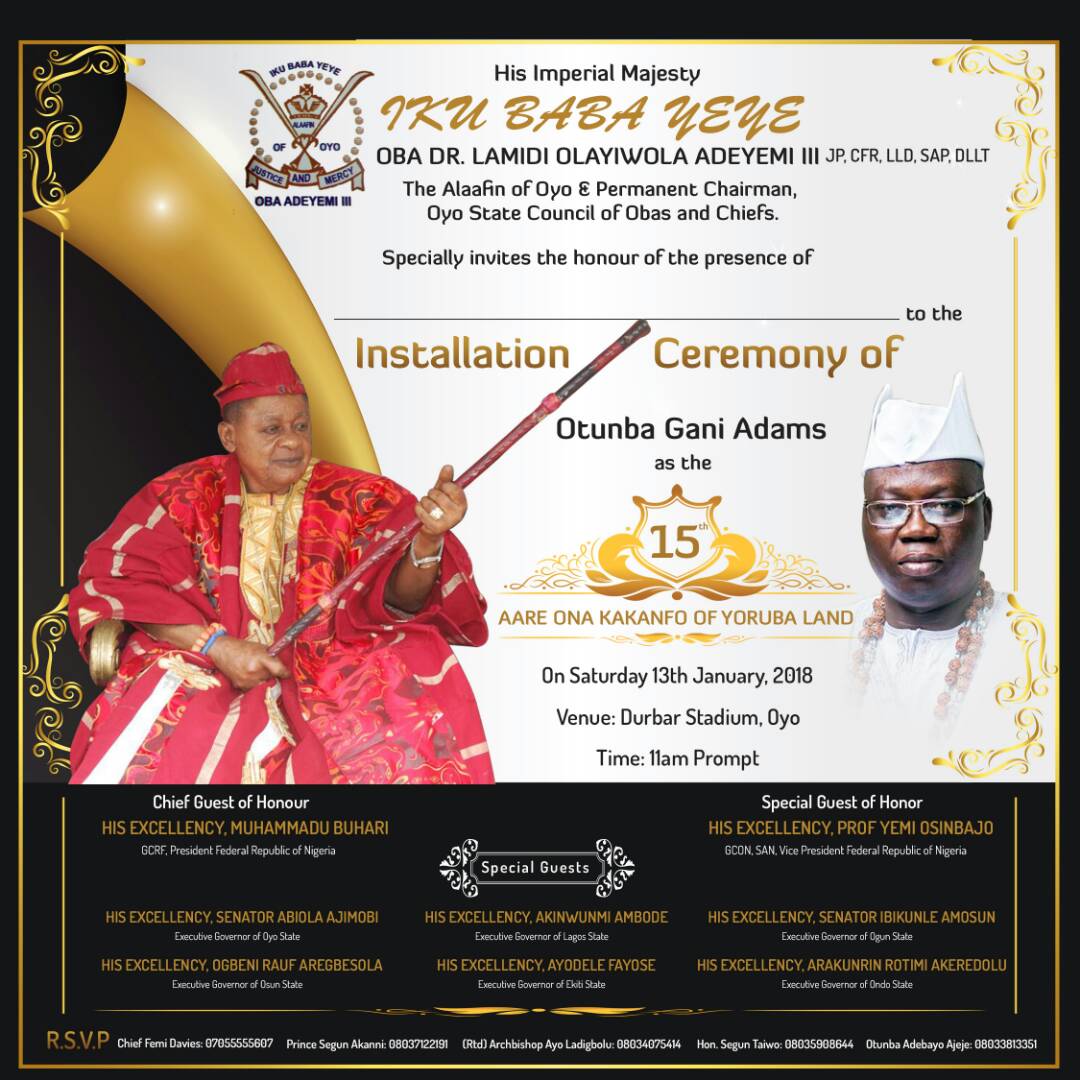
 Uncategorized7 years ago
Uncategorized7 years ago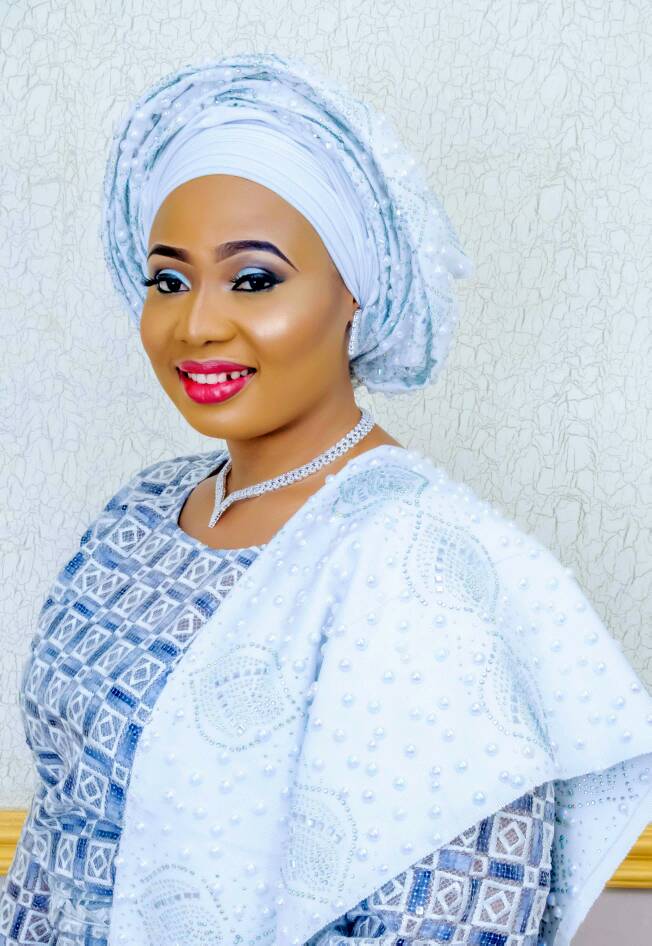
 Uncategorized7 years ago
Uncategorized7 years ago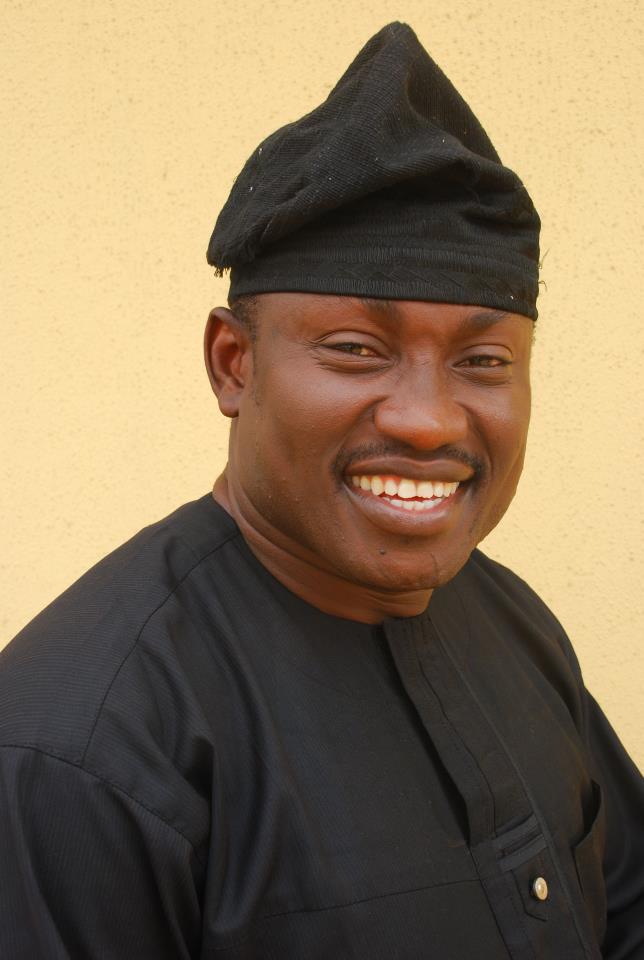
 Uncategorized7 years ago
Uncategorized7 years ago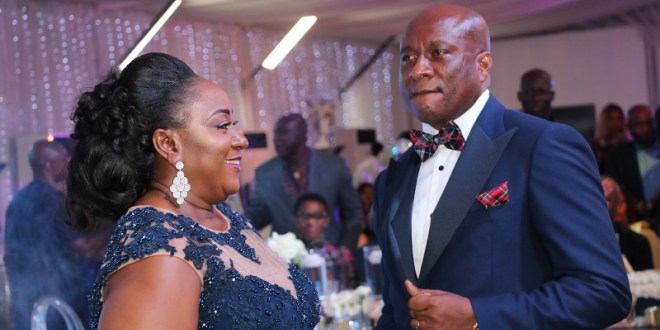
 Uncategorized7 years ago
Uncategorized7 years ago
 Uncategorized7 years ago
Uncategorized7 years ago
 Trending News4 years ago
Trending News4 years ago







